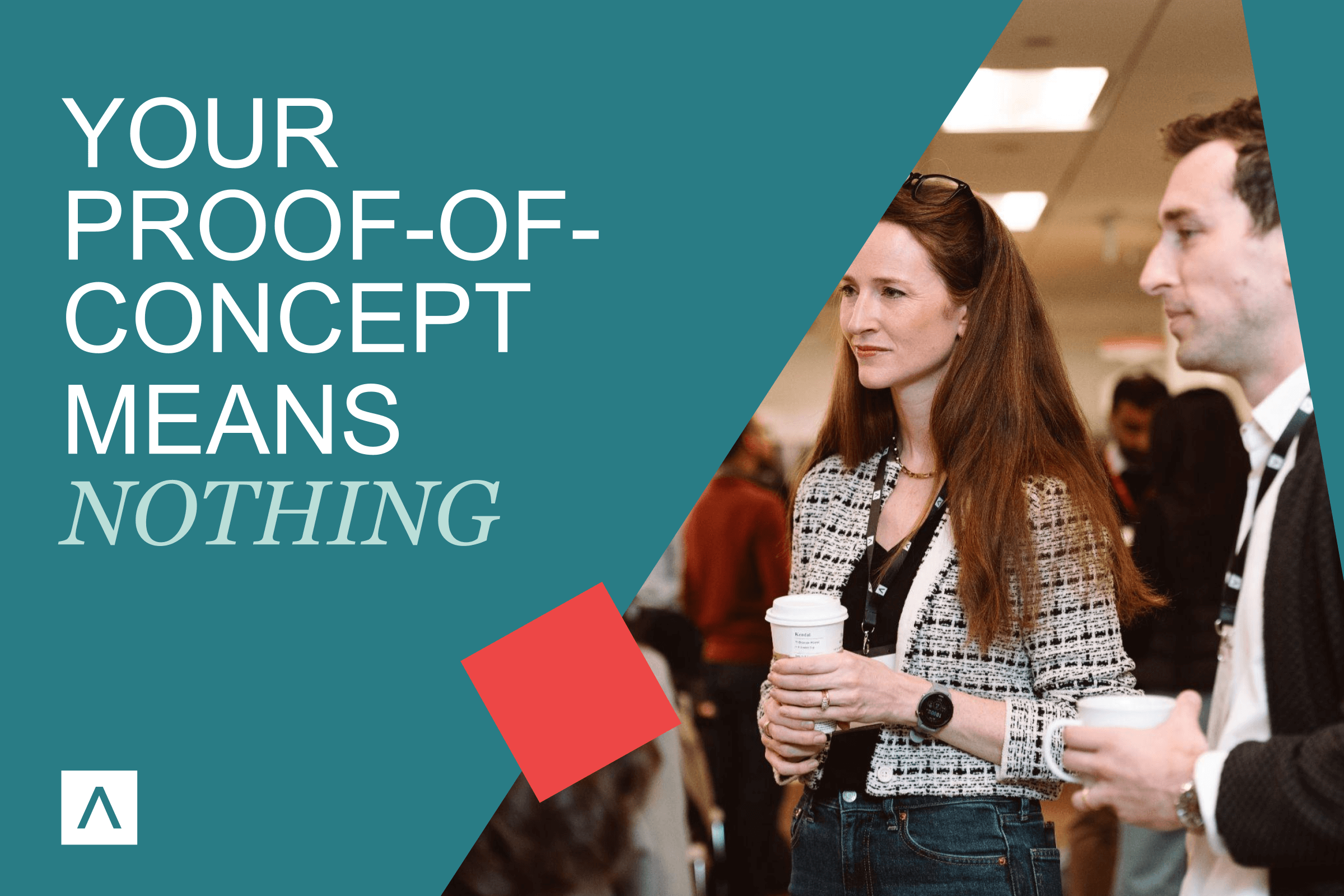While uncertainty is prevalent in early-stage investing, a careful assessment can pay off with outsized returns. With that being said, here's a look at what was discussed, and things to think about as an angel investor sizing up your next investment opportunity.
Consider the risk/return profile of angel investing
First of all, angel investing is a very risky business. Only invest the money you don't need. Most startups fail. On average it takes six years to build a unicorn. So, if you get lucky and invest in a successful startup, your return won't come until 6-10 years from now when the startup makes an exit (IPO or acquisition).
If you have the money, and the time to spare, angel investing is one of the most impactful things you can do. You give the opportunity to very driven people to solve a problem they've identified. You help create growth and your money is spent creating jobs and solving problems.
While most startups will fail, the few that make it promise outsized returns after multiple years. It's not about looking at the risks and minimizing them, angel investors see the potential and ask "What if it works? How large can it be?" If you pick a unicorn, you can make millions of a $25k check.
Dimensions to consider when making an assessment
As an angel investor, I enter deals at the earliest stage. When evaluating startups we need to look at the product, the roadmap, and the vision, rather than user numbers. For SaaS products, we often ask, "Will this replace spreadsheets or an entire department?" The latter is more interesting.
For consumer products, we take the product for a spin. If we're not in the target audience I share with my 20-year-old cousin, my 5-year-old son, or someone else who's in the right target group. Their feedback is very important.
I ask myself: "What are people using today to solve the same problem?" "What substitutes are they using? Pen and paper? Spreadsheets? WhatsApp groups?" "How much better is this product at solving their problem?" "Will users change habits?" Changing habits is hard, very hard.
I also consider who else might be trying to solve the same problem. I check @appannie, search on @ProductHunt, and more. Other teams are likely onto it too, what makes the team you're evaluating stand out? Why will they win? I look at the team's professional background, the founder affinity and skill sets, the team-product-market fit, and team execution.
Look at the startup graveyard. Who has tried this in the past? Why did they fail? What is this team doing differently this time around? Have they done their graveyard, substitutes, and competitive analysis themselves?
Can this company be worth 100x what it is today within a few years from now?
What's the potential? Can this company be worth 100x what it is today within a few years from now? Is the market big enough, or do we think they can drastically grow the market? How much is being spent on substitutes today? Can it grow exponentially?
While there may not be many users at this point, there could be a few. A few very engaged users are way more impressive than 10,000 downloads. Getting downloads is easy, having engaged users early on is really, really hard and shows that you're onto something.
This is an op-ed by Lisa Enckell. All views and opinions expressed are her own and should not be used as investment advice. In making an investment decision, investors must rely on their own examination of the Company and the terms of the Investment including the merits and risks involved.
Curious to learn more about how Antler addresses the major risks of startups failing? Head over to our website to read about how the global Antler platform enables exceptional people and teams to build the defining companies of tomorrow, and then supports them to raise subsequent funding rounds leveraging deep relationships with top international VCs and angel investors.









%20(1)%20(1)%20(1)%20(1)%20(1)%20(1).avif)
.avif)

